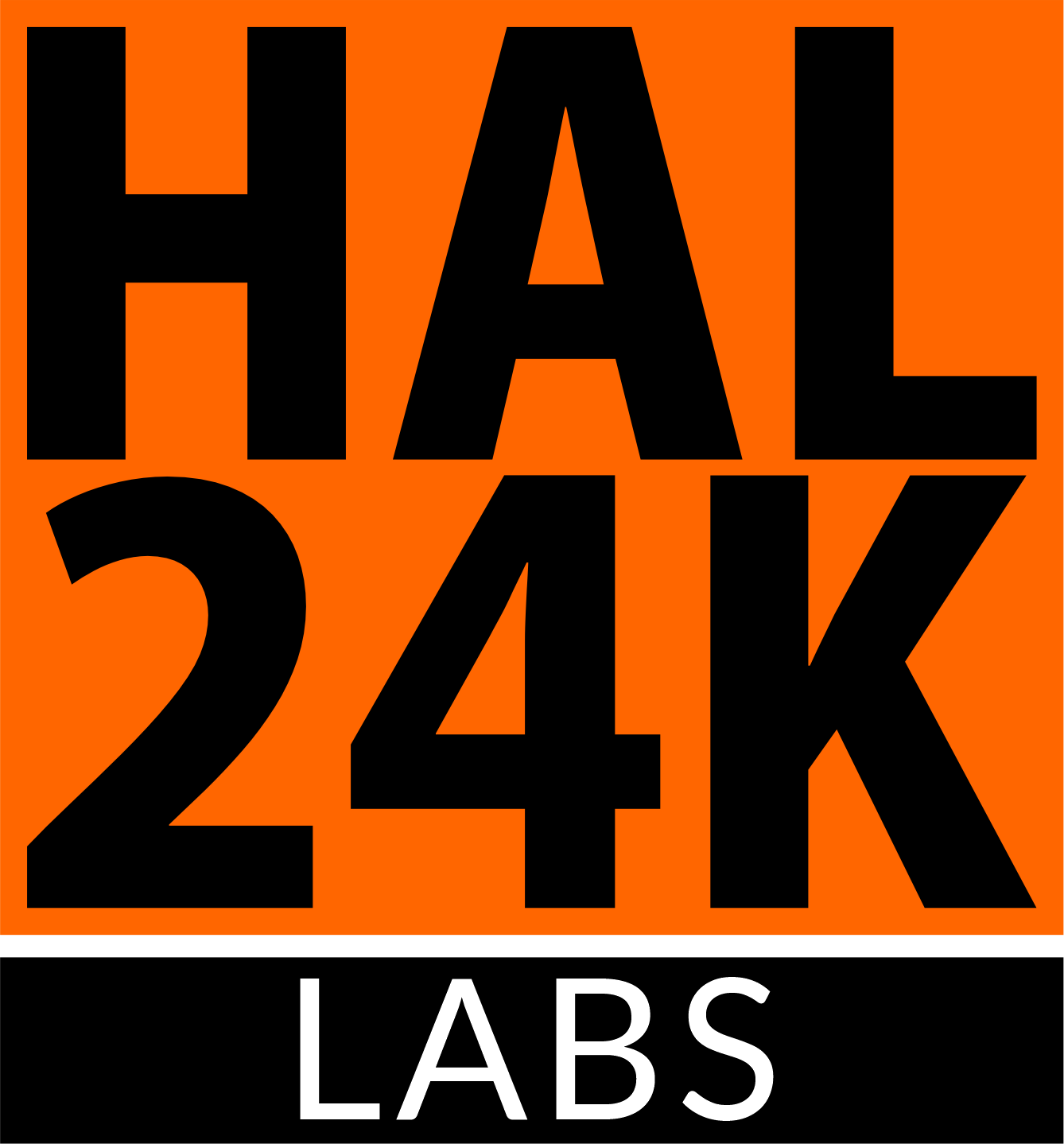Case study
The client
In 2015, Transport for London (TfL) announced a seven-year partnership to refresh London’s Cycle Hire scheme, with Santander Cycles. The partnership promised to introduce new services, including an app designed to make it easier to locate and book a bike.
The challenge
There are 11,600 bikes available as part of the scheme and on average, 37 million trips are made throughout London each year. Yet some 3,000 bikes remain unused each day. With the network underutilized, the scheme needed to establish how to better manage the bikes and its 758 docks.
The HAL24K approach
Using data from the bikes and the docks, deep neural networks were created to predict bike movements with close to 90% accuracy.
The operational advantage
With the predictions operators can easily identify how to increase yield with fewer bikes, as well as how to predict availability of the cycles at docks and so improve user satisfaction.
The future
Optimize cycle maintenance as lower demand times are understood.
Optimize redistribution and pricing incentives for users to drop bikes off in areas where bikes are in demand at key times of the day.

